Sundance Film Festival, a beacon in—and barometer for—the film industry, has long been the crucible where directors first kindle their cinematic flames. Major players like Quentin Tarantino, whose Reservoir Dogs, 1992, became a touchstone of independent filmmaking, and Darren Aronofsky, whose Pi, 1998, showcased a disruptive narrative and visual style, found their initial acclaim at Sundance. Similarly, Ava DuVernay's sophomore outing Middle of Nowhere, 2012, won her the Directing Award and established her as a powerful voice in modern cinema.
This year, CULTURED has its eye on seven first-time feature directors poised to follow in the footsteps of their illustrious predecessors. Their films span from introspective documentaries to genre-defying narratives. Each of them deserve your attention at Sundance and beyond.
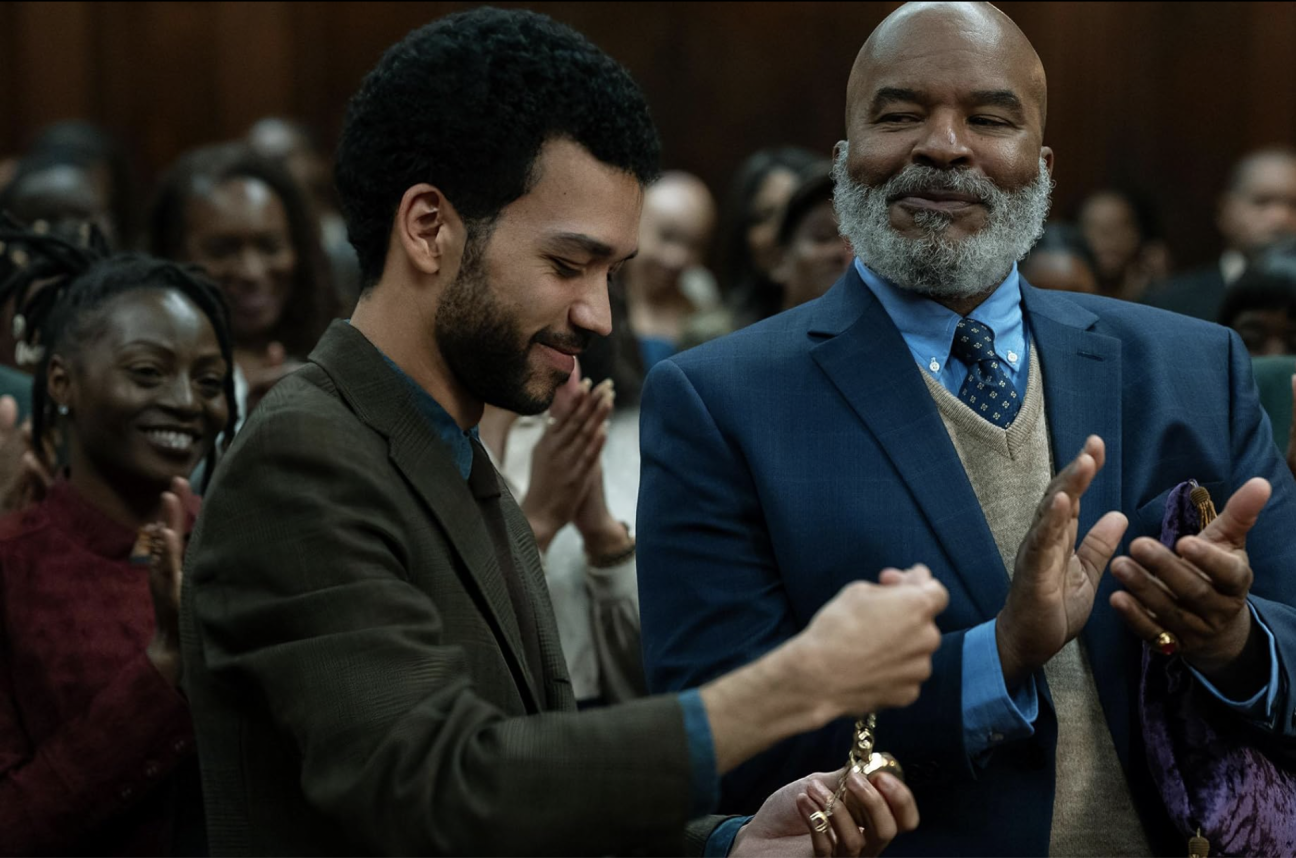
Kobi Libii
The American Society of Magical Negroes
Kobi Libii's debut, The American Society of Magical Negroes, satirically dissects racial archetypes in Hollywood. Transitioning from comedian to director, Libii employs his hard-won comic timing to unravel and subvert entrenched narratives, offering a sharp, humor-laced critique of stereotypical portrayals. The feature, starring Justice Smith (who's also headlining Jane Schoenbrun's anticipated I Saw the TV Glow at the festival) encapsulates this theme through a magical society with a tongue-in-cheek mission to ease the lives of white people.
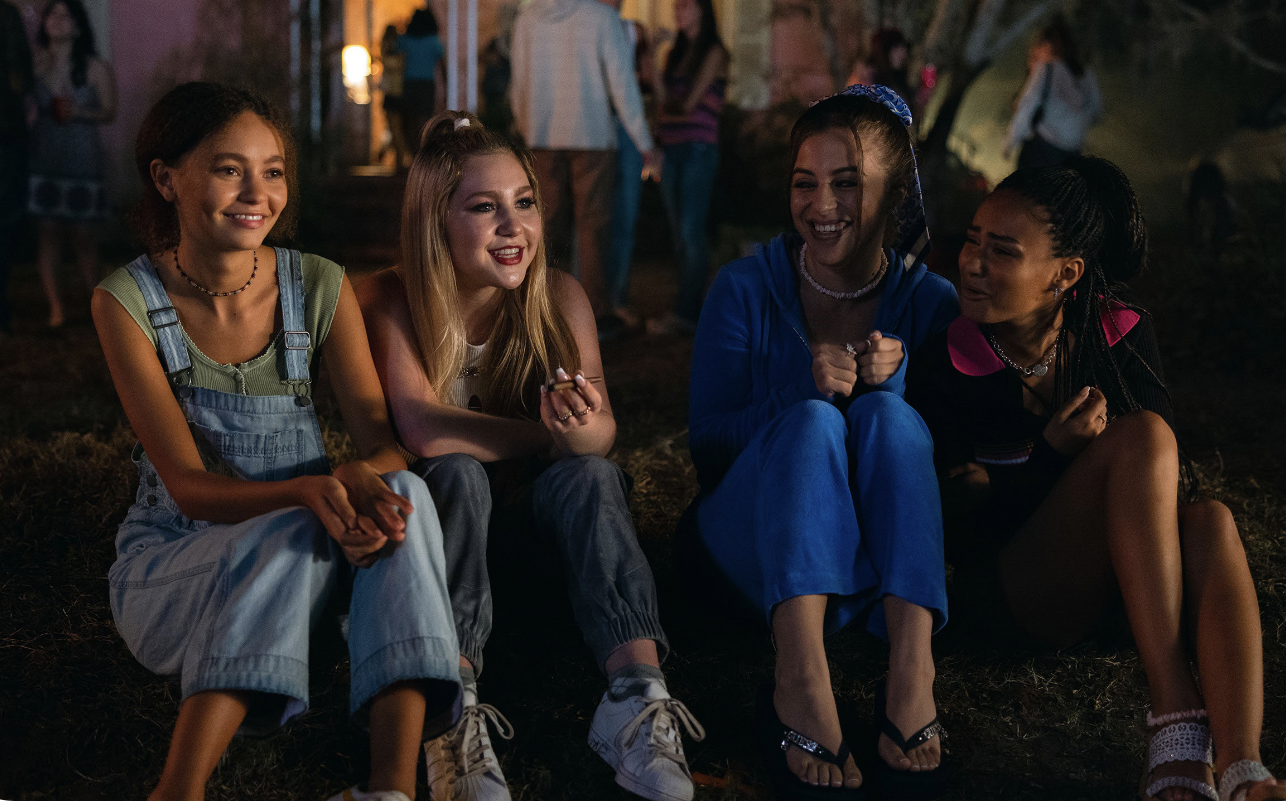
Laura Chinn
Suncoast
Featuring Woody Harrelson, Laura Linney, and The Last of Us guest star Nico Parker, Laura Chinn's Suncoast is a semi-autobiographical coming-of-age drama. The story centers on a young woman grappling with her brother's illness. Her recent transition from television writing to feature filmmaking is not just a change in medium but an expansion of her narrative canvas, where humor and heartache coexist.
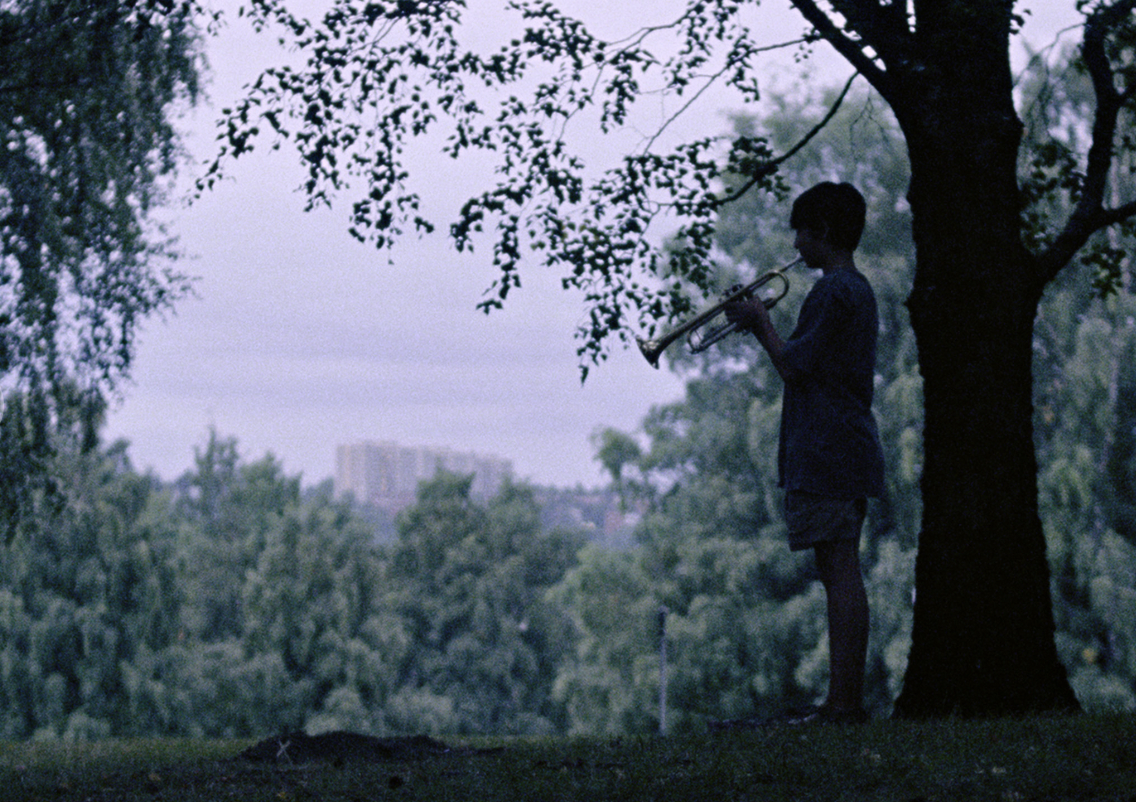
Thea Hvistendahl
Handling the Undead
Adapted from a John Ajvide Lindqvist novel of the same name, Norwegian director Thea Hvistendahl's Handling the Undead transcends genre conventions. The film interlaces horror with an existential dissection of grief. Her character-driven storytelling, honed in short films, now probes deeper into the human psyche, confronting the undead not just as a scary movie trope, but as a mirror of our own mortality. Norwegian power duo Renate Reinsve and Anders Danielsen Lie, who made waves with The Worst Person in the World in 2021, co-star.
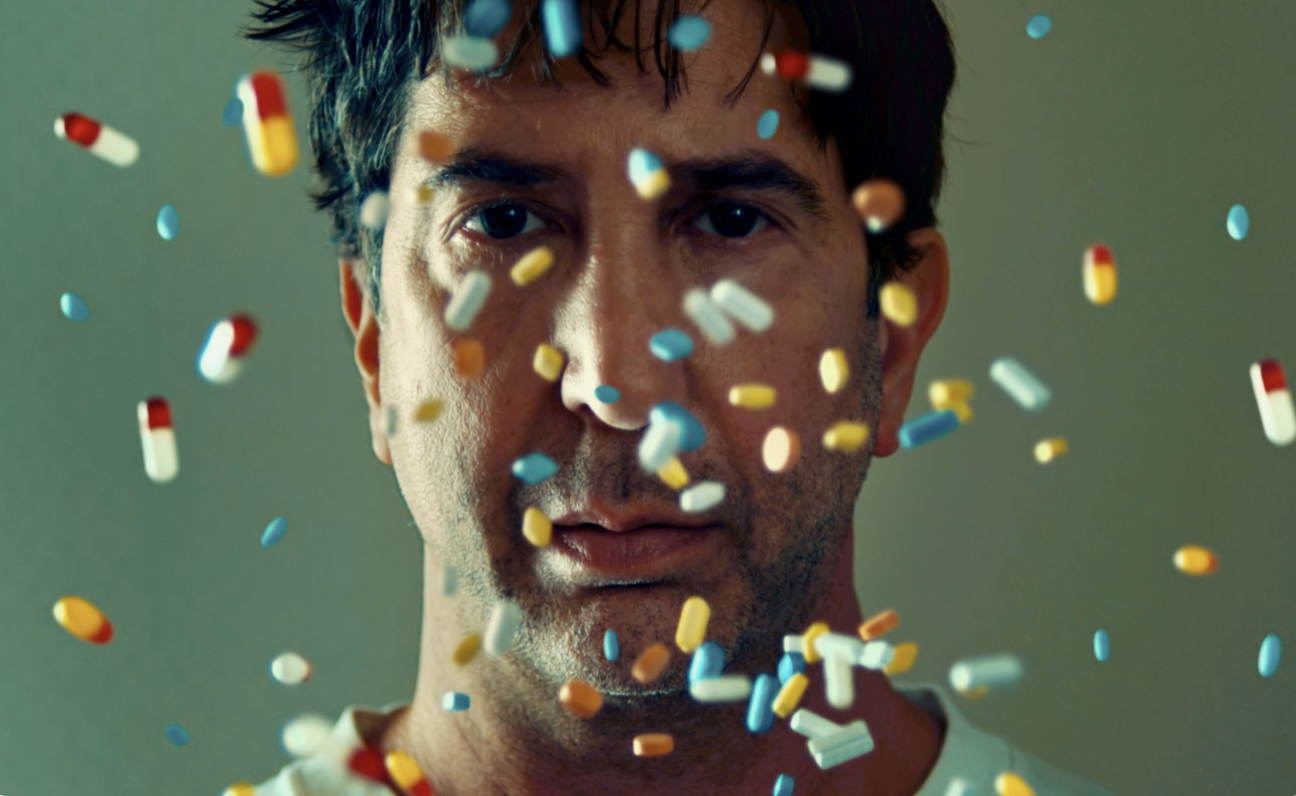
Jack Begert
Little Death
Jack Begert, known previously as a music video director for artists like Olivia Rodrigo and Jack Harlow, brings a unique visual style to his comedy-drama debut. Exploring love and mortality, the film focuses on a screenwriter's midlife crisis and stars David Schwimmer of Friends fame, alongside Gaby Hoffmann, Jena Malone, and Talia Ryder. Here, Begert's idiosyncratic voice provides a visual and emotional journey through the intricacies of human relationships.
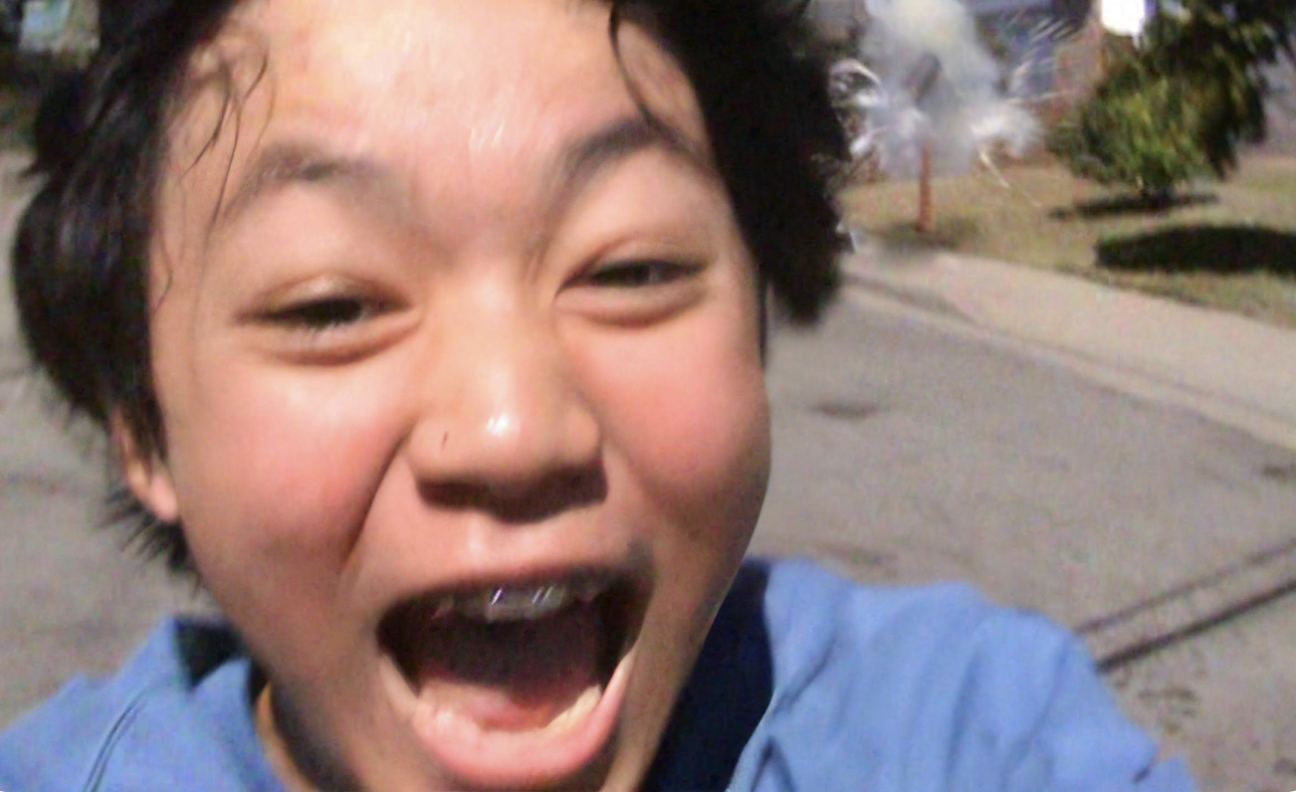
Sean Wang
Dìdi
Sean Wang's coming-of-age drama, Dìdi, is set in 2008, exploring themes of identity, belonging, and societal shame, as well as the impact of early social media on adolescent life. Through this film, the Sundance Screenwriters & Directors Labs alum aims to provide an honest portrayal of being young during the late aughts, focusing on aspects and faces often overlooked in mainstream media of that era.
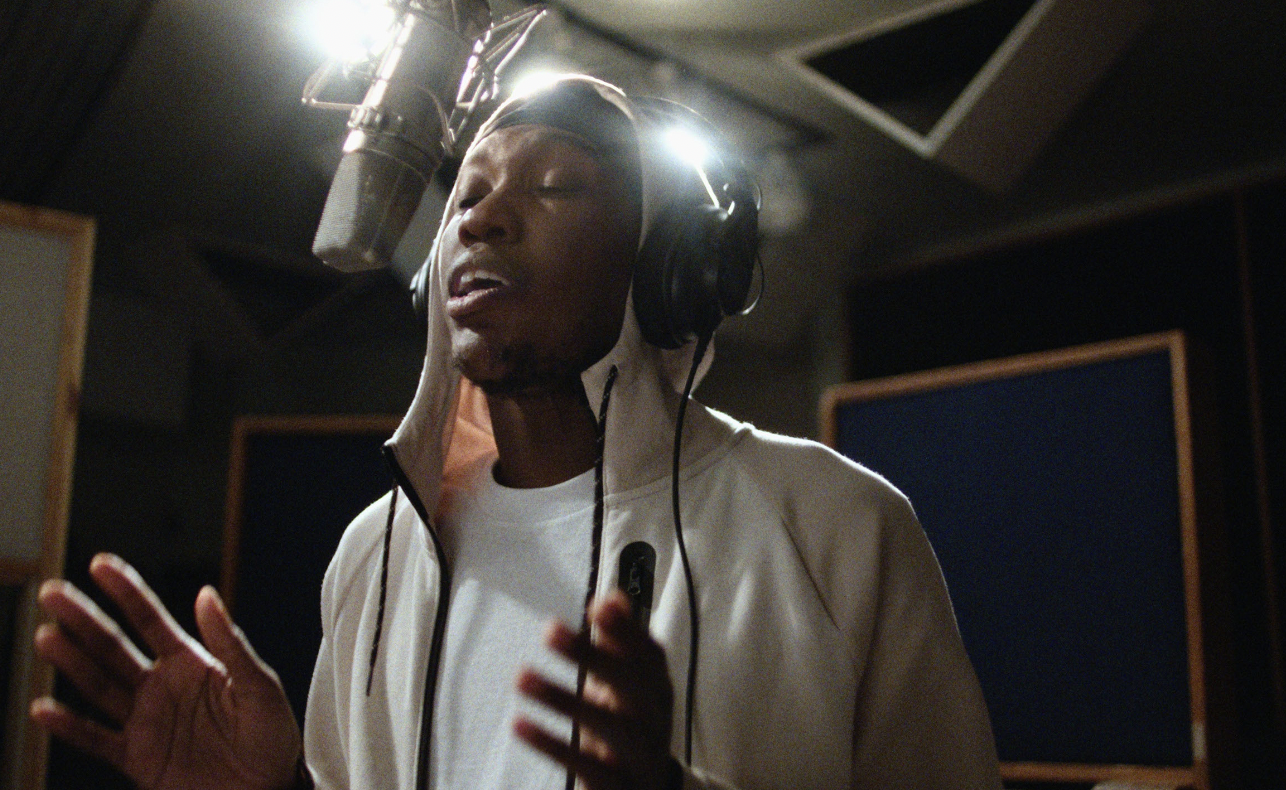
J.M Harper
As We Speak
Delving into the profound realms of communication and human connection, As We Speak, a documentary by J.M Harper, captures the essence of these fundamental aspects of human experience. Harper, who has a background in short-form documentaries, explores how the rap genre and its lyrics interact with law enforcement in criminal cases, through a case study of Bronx rapper Kemba. Harper uses interviews, animated sequences, and imaginative reenactments to tackle this complex topic.
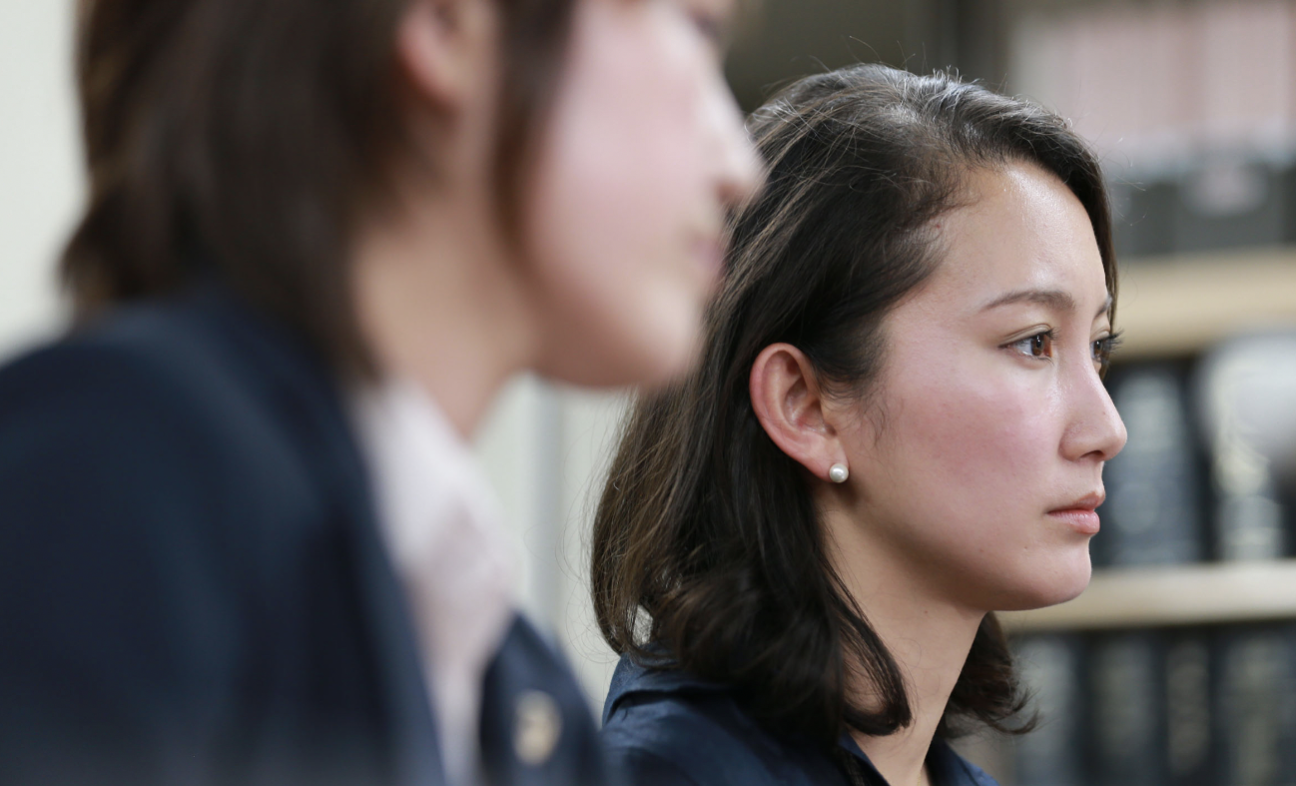
In Black Box Diaries, Shiori Itō navigates the labyrinth of memory and truth. The Japanese journalist-turned-filmmaker uses an investigative approach to documentary that’s as meticulous in its research as it is profound in its storytelling, delving into the complexities of perception. Itō uses her filmmaking as a platform to address the flaws in Japan’s societal and judicial response to sexual crimes, chronicling a personal ordeal and legal battle against her high-profile assailant.


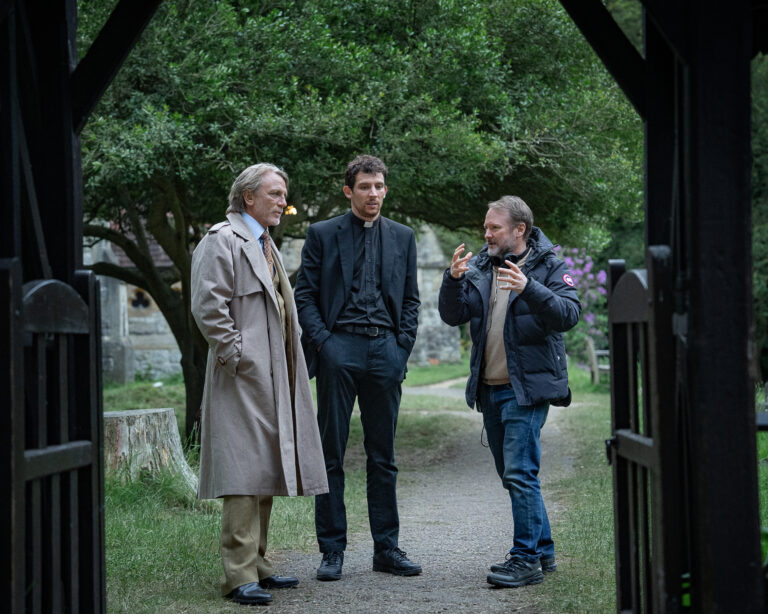
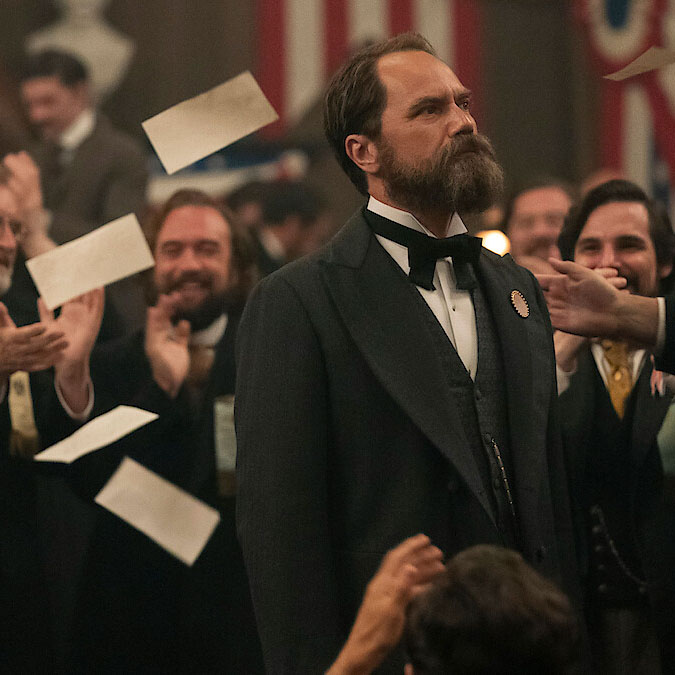

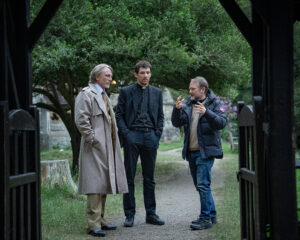
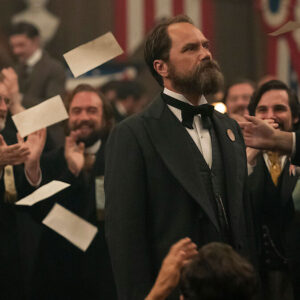



 in your life?
in your life?

